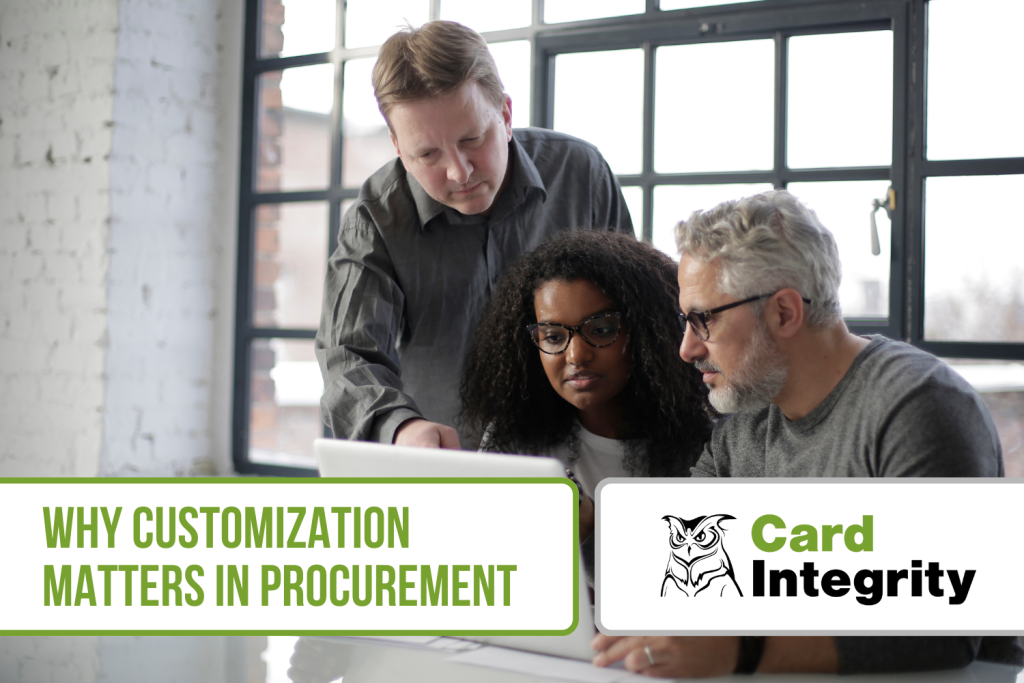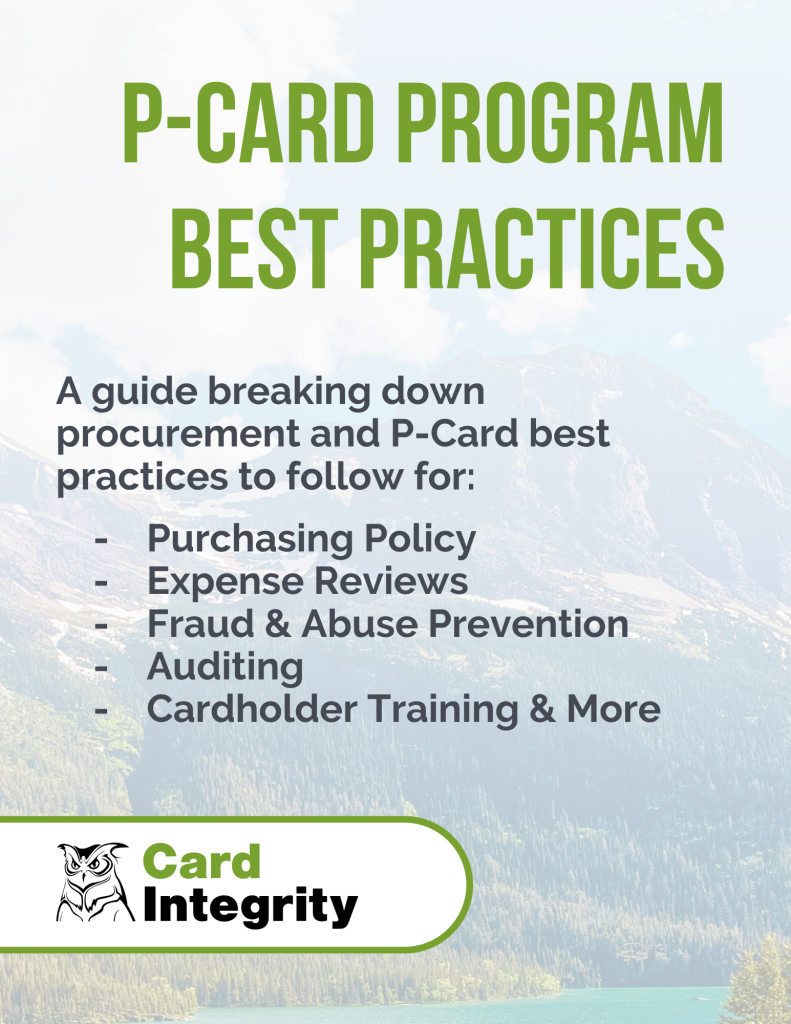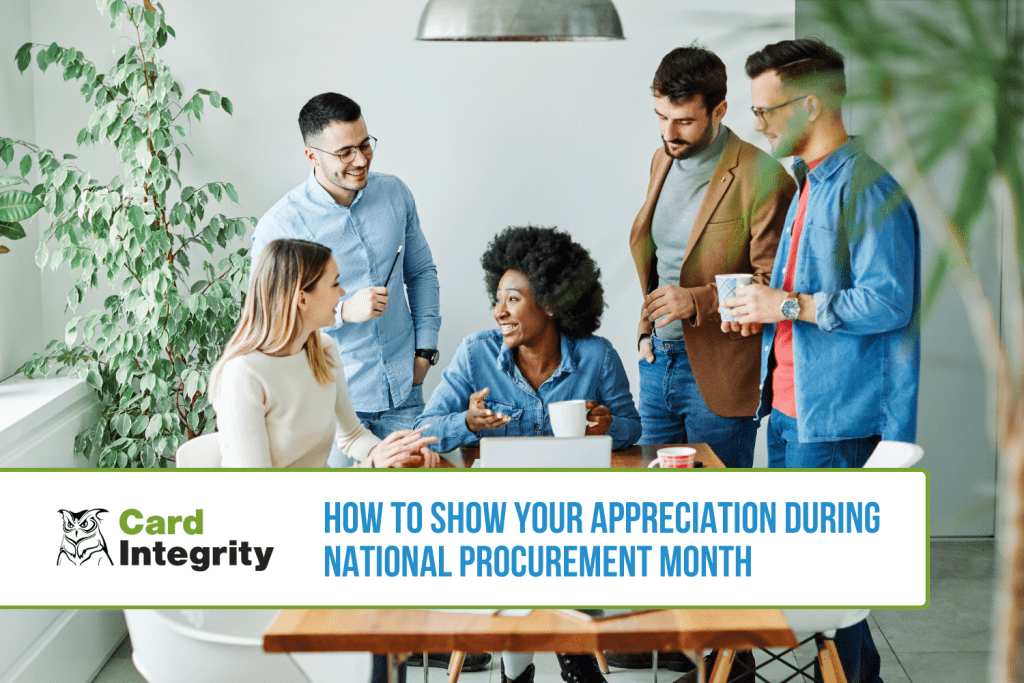The procurement realm is often placed under one big umbrella. If you’re purchasing goods and services for your business in a way that minimizes risk and maximizes value, you’re in procurement. This makes it so that when you search for knowledge and resources relevant to your job function, it’s easy to find basic information, but if you’re looking for anything more granular or specific to what sector you are working in, it becomes more difficult. In this article, we’ll discuss how customization is key no matter what industry you specifically work in as a procurement professional.
Fundamental differences
For example, procurement in the private sector and public sector differs greatly. In public procurement, there is more regulation to ensure transparency and fair competition. The private sector comes with less regulation, allowing for quicker decision-making and more flexibility. Supplier relationship management is important in both, but the way supplier relationships are managed differ quite a bit depending on who you’re working for. A municipality, for example, must ensure that public funds are being used in a way that produces the most value, where negotiation comes more into play for a private corporation, who may want to tailor terms and conditions to fit specific needs. That’s why procurement conferences, for example, are often specialized towards specific industries.
And of course, industry matters too. Let’s say an audit discovers items like nail polish, makeup, and hair care products being purchased via a company purchasing card. This would raise a red flag as personal purchasing at almost every institution… unless the institution is a technical college system that includes, for example, a cosmetology school. Your institution dictates what’s acceptable to purchase and what isn’t. You set the terms, the categories, the conditions, and the policy. If you switch jobs and have “procurement” in your title somewhere else, it’s likely that, unless you’re working for a competitor or an alternative organization in the same industry, you’re going to have to relearn what gets purchased, what the sourcing strategy is, essentially from the ground up.
You’d be able to do it, of course, because the skills are transferrable, but you’d have to forget your old organization’s specific policy and learn the new one. That’s why customization is so important.
Are there really any “plug-and-play” solutions?
When you’re looking for outside help with your procurement goals or to enhance your purchasing or card program, your ability to customize every detail plays a key factor. That’s why supposed “plug-and-play” solutions, though they may sound enticing, may be overpromising if they don’t offer you the customization that your organization needs. If you’re looking for a third-party service to meet your procurement goals, consider making sure that you can get beyond just the base-level of service to get the most value you can. Consider things like:
- Compatibility with your specific bank and ERP system
- Custom-made alerts that your organization uniquely has interest in
- Ensure that you can see metrics that are most valuable to your decision-making process, such as spend by category, spend by supplier, spend over time, etc.
- Consider outside-the-box offerings that you may not initially think or be aware of that can provide value, like heatmaps showing which counties your organization spends the most in
- Also consider how quickly any reporting can be customized
Heavy customization doesn’t mean long setup time
You may think that getting this kind of tailor-made solution may require heavy IT integration, long setup time, and be a generally painstaking process. Thankfully, this is untrue. Custom alerts and reporting can be created and delivered rather quickly, and this type of service generally doesn’t need to go through your IT department at all, aside from any formalities related to permissions and access.
Card Integrity’s DataWISE expense monitoring solution uses over 350 alerts and algorithms to identify problems as of January 2025: and that number is continuously growing. Here are just a few:
- Fraud
- Misuse
- Double dipping
- Sales tax
- Weekend transactions
- Gift cards
- Debarred suppliers
- Prohibited categories
- Personal purchases
- ‘Maverick’ or ‘rogue’ spend (non-contract spend)
- Amazon Business account not used
- Personal charges utilizing organization’s Amazon Business account
- Delivery address confirmation
- And much more
Card Integrity is able to achieve this level of customization due to the personal nature of our service. We assign a Forensic Principal to every account. This professional contact is responsible for the reporting generated and is dedicated to exceptional customer service and fast response time. These analysts have finance, audit and purchasing experience and complete an intensive secondary review of the data results, applying professional judgement to identify anomalies, filter out false positives, and more. While we use artificial intelligence in our internal reporting tools, what sets us apart from the others is the human element: the ability to contact and meet with a real person so that you organization can get what it needs out of the service.
Customization is key
Customization and fine-tuning is a key differentiator to Card Integrity’s expense monitoring service. If you’d like to see it in action, you can book a demo with us and we’ll talk through the process with you. We also have a library of informational content including eGuides and white papers that we’ve put together after years of supporting procurement departments across a wide swath of industries. Check out one of our most popular ones below: P-Card Program Best Practices. It discusses best practices for your corporate card program and goes in depth about concepts like customization and many others.




